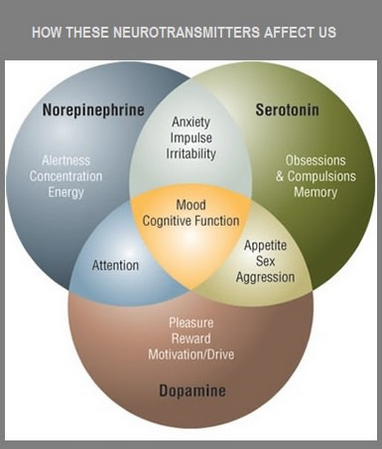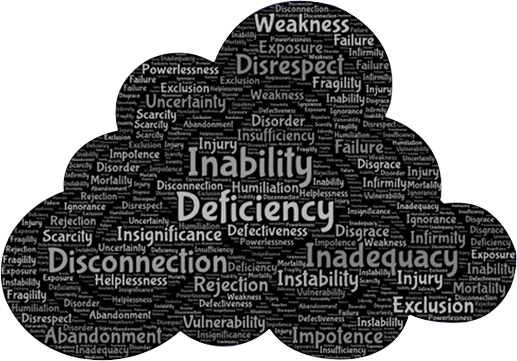What Is Emotional Dysregulation Disorder and Treatment Options
Emotional dysregulation disorder is a condition characterized by intense emotional responses that are disproportionate to the triggering event. Individuals with this disorder often struggle to manage their emotions, leading to difficulties in daily functioning and interpersonal relationships. While emotional fluctuations are a normal part of human experience, those with emotional dysregulation disorder find it challenging to regulate their emotions, resulting in distress and impairment in various aspects of their lives.
What
Are the Symptoms of Emotional Dysregulation Disorder?
Symptoms of emotional dysregulation disorder
may include frequent mood swings, explosive anger outbursts, feelings of
emptiness or intense sadness, impulsivity, self-harm behaviors, and unstable
interpersonal relationships. These symptoms can significantly impact a person's
quality of life, making it crucial to seek proper diagnosis and treatment.
Genetic
Predispositions and Childhood Trauma behind Emotional Dysregulation Disorder
Several factors can contribute to the
development of emotional dysregulation disorder, including genetic
predispositions, childhood trauma or neglect, chronic stress, and neurological
differences. It's essential to recognize that emotional dysregulation disorder
is a complex condition with multiple contributing factors, and treatment
approaches may vary based on individual needs.
The
Combination of Psychotherapy and Medication with Lifestyle Changes Will Make a
Difference
Effective treatment for emotional dysregulation disorder often
involves a combination of psychotherapy, medication, and lifestyle changes.
Cognitive-behavioral therapy (CBT) is one of the most widely used therapeutic
approaches for managing symptoms. CBT helps individuals identify and challenge
maladaptive thought patterns and behaviors, teaching coping skills to regulate
emotions more effectively.



Comments
Post a Comment